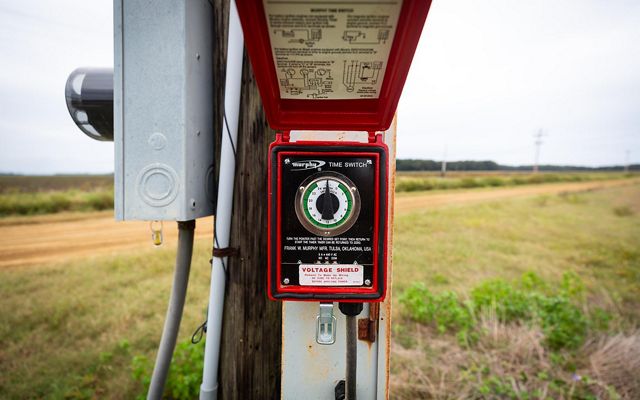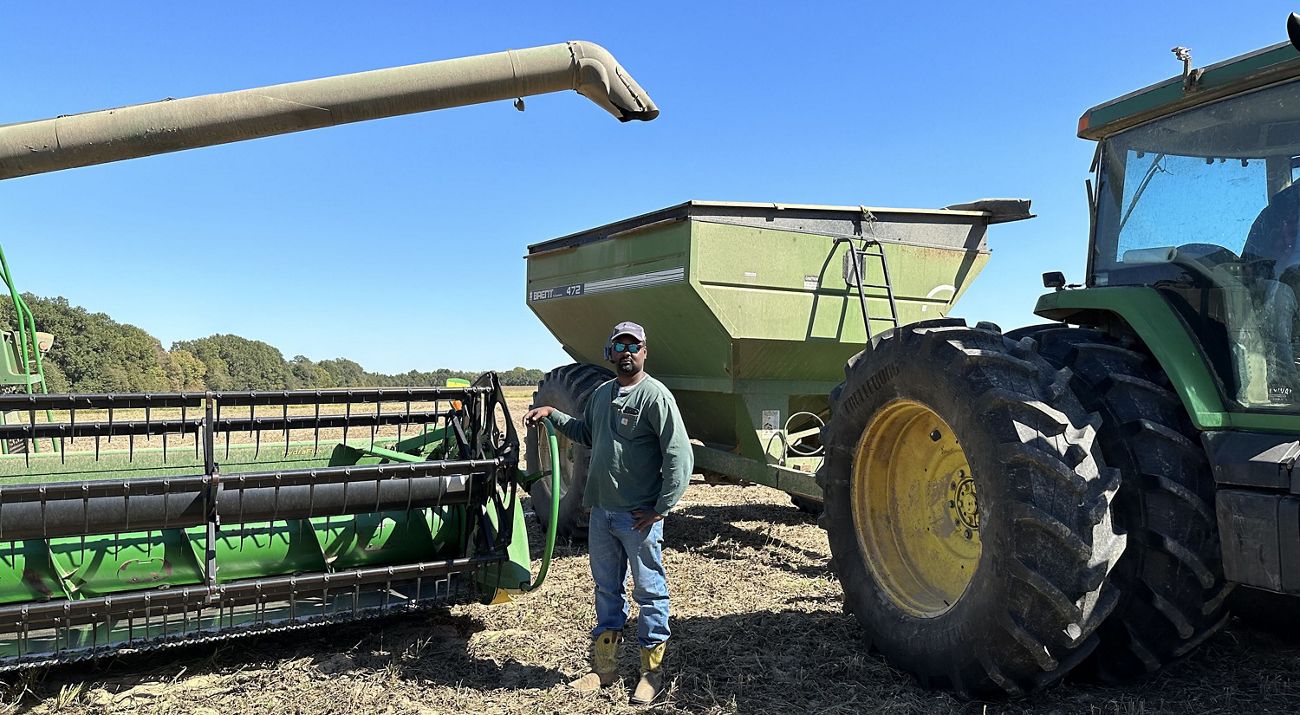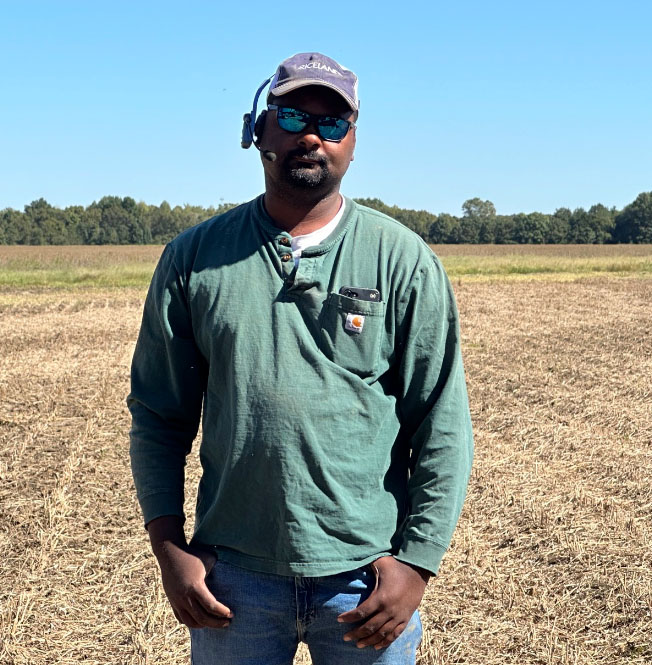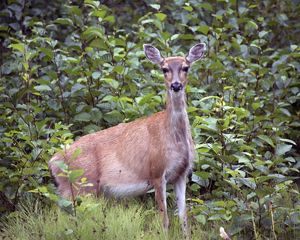Agriculture is the largest industry in Arkansas. Every day during growing season, about 8 billion gallons of water irrigate rice and other crops. Unfortunately, that’s twice the amount that is ultimately sustainable for the state’s water resources.
“Farmers are motivated to save water because they care about their land and communities, and because water and fuel for irrigation systems are expensive components of production,” says Jason Milks, The Nature Conservancy’s freshwater partnerships director in Arkansas. Federal agencies have created successful programs that help offset the costs of sustainable water practices and technology. But there is often a challenge between the rules of those programs and the individual needs of farmers. “Most federal programs are designed to distribute conservation funding across larger land ownerships,” says Jason. “People with small farms aren’t always competitive for this funding—and here in the Mississippi River Delta, that often means Black, Indigenous and other historically underserved farmers.”
To address those challenges in rural Arkansas, TNC is working with The KKAC Organization, a nonprofit that assists veterans and agricultural communities of color to conserve water in areas critical to groundwater recharge.


“When a farmer makes a decision to irrigate, they are making it on their understanding of what the plant needs, the availability of water today and the weather tomorrow,” says Jason. “But with many irrigation systems, water flows until it is manually shut off.” Driving long distances between fields or paying someone to turn off the water isn’t always feasible for farmers. To address this need TNC has worked with The KKAC Organization to fund the installation of dozens of irrigation timers, giving farmers control over how long water flows into their fields. That translates into significant water and cost savings over time.
Relationships built through the irrigation work uncovered a unique way to further support farmers. According to Jason, “If you have land that has been passed down verbally across generations without legal documents to ensure you have a clear title, it’s difficult to impossible to enroll in federal conservation programs.” TNC supports The KKAC Organization’s workshops to help families untangle land ownership issues, create estate plans and discover options for how to manage their land and wealth for future generations.




